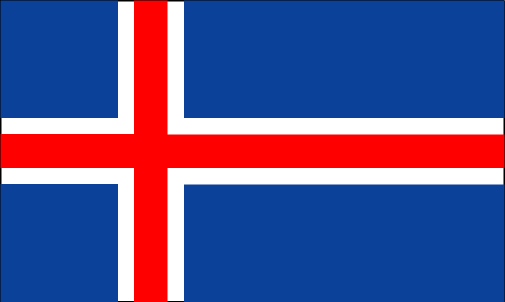Login form
Customs of Iceland
Marriage and Family
 The government recognizes common-law marriage, and many couples choose to live together at least initially without formal marriage. Families in
The government recognizes common-law marriage, and many couples choose to live together at least initially without formal marriage. Families in
More than 80 percent of Icelandic families own their own homes. Family patterns are changing as more women become part of the workforce. There has been a particular interest in women’s issues since the early 1980s, after the country elected its first woman president in 1980 and the Women’s List political party was founded in 1983.
Eating
Fresh fish is plentiful and includes cod, haddock, halibut, plaice, herring, salmon, and trout. The Icelandic diet also includes mutton, lamb, and dairy products. Popular dishes are hangikjöt (smoked mutton) and skyr, which is similar to yogurt. Potatoes (usually boiled) are served with most meals. Hangikjöt is the traditional meal on Christmas Day. As a result of greenhouse construction,
Breakfast is usually a light meal and may include cereal or toast with tea or coffee. Icelanders typically eat lunch around noon, and dinner between 7 and 8 pm.
Socializing
A handshake is the usual way to greet someone, along with saying Sæll (to a man) or Sæl (to a woman). The phrase roughly means “Happiness.” A more casual greeting, especially among children, is Halló (“Hello”). Icelanders are properly and officially called by their first name, and are listed in the phone book under it; however, the last name is crucial for identifying someone. A woman’s last name is formed by the possessive form of her father’s first name, followed by –dóttir, meaning “daughter.” A man’s last name is the possessive of his father’s first name, followed by –son. A woman does not change her last name with marriage.
In general, Icelanders have an informal approach to visiting and it is fairly common to drop in on people unannounced or to telephone just before a visit. At the end of a meal, or even refreshments, it is customary for guests to shake hands with their hosts and thank them. It is not enough simply to make an appreciative comment or say “thank you” at the table; guests approach the hosts, offer their hand, and express their appreciation for the hospitality.
Recreation
Traveling and camping are favorite pastimes in
Holidays and Celebrations
Public holidays include New Year’s Day (1 January), Easter (Thursday through Monday), First Day of Summer (usually the third Thursday in April), Labor Day (1 May), Ascension Day, Whitsunday and Whitmonday, National Day (17 June), Merchants’ Holiday (first Monday in August), and Christmas (24-26 December). Christmas Eve is considered the most important day of Christmas, and is when gifts are exchanged. The 25th is a day for the big family meal and visiting, while the 26th is spent relaxing or enjoying some form of recreation. New Year’s Eve celebrations include parties, fireworks, and bonfires.
Source: Encarta Interactive World Atlas

